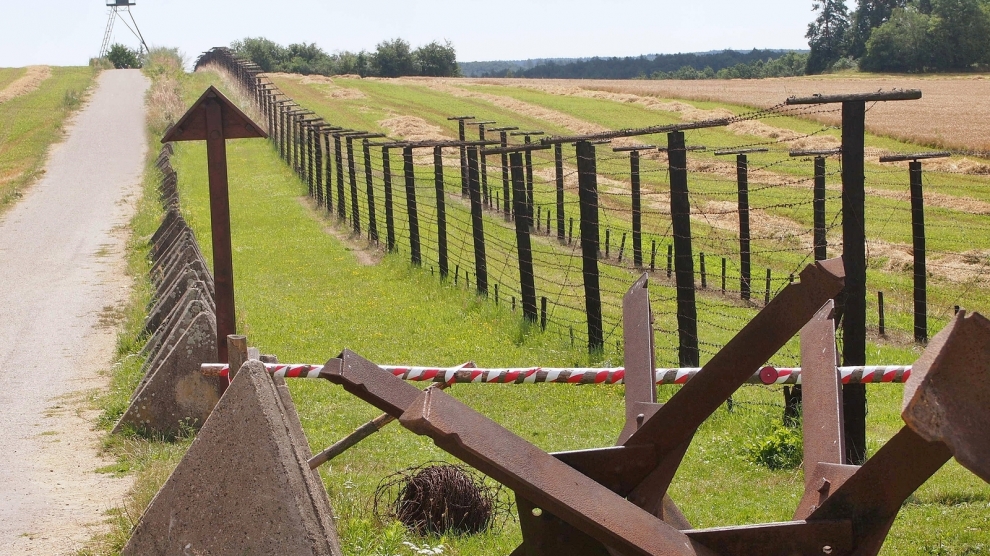My role as editor of Emerging Europe requires me to chair or take part in a large number of panel discussions covering a wide range of subjects, from investment and education to the future of the European Union and Brexit. These debates are always hugely enjoyable, not least as we try to ensure that as wide a range of opinions as possible get a voice, something which usually leads to lively and constructive debate.
It would be amiss of me however not to admit that some panels are better than others. Occasionally, guests get tongue-tied, the conversation does not flow and I am left looking at the clock wondering how I might fill the allocated time slot. Fortunately, having been blessed with what we call the gift of the gab, I can usually find something to talk about, even if it means lapsing into what I was once told was ‘a poor attempt at stand-up comedy’.
Sometimes, the opposite happens: people have so much to say that there is simply not enough time in which to say it. This happened earlier this year at the Emerging Europe Leaders Meeting and Awards, during a panel discussion which looked at the way the emerging Europe region is portrayed in the media.
Held at the iconic Gherkin building in London, the panel was moderated by the BBC’s Kasia Madera and featured a number of leading journalists who spent an hour answering questions from a knowledgeable audience who primarily wanted to know why their countries (and the region in general) was so often poorly represented in the media. It was probably the liveliest debate of the two day event, and everyone concerned was disappointed that we had to end it after an hour: it felt as though we had just begun to get somewhere, to draw some early conclusions, when the conversation was brought to a halt.
This in-depth article – the cover story of our latest magazine – is a continuation of that debate. I have spoken to a wide range of senior journalists from across the region in order to find out more about the conundrum that is emerging Europe’s portrayal in the media. During the interviews I carried out, number of recurring themes emerged, of which perhaps the most crucial was the need for all of us who write about the region to draw a line under communism once and for all. After all, the Iron Curtain, except for short sections preserved as a reminder of the horrors of totalitarianism (such as the section pictured above, in the Czech Republic), no longer exists.
Think, however, about the last time you read an article about any of the 23 countries of emerging Europe in the Western media, be it political, business or travel-related. The chances are that communism, or at the very least the fall of communism, was referenced. This is a problem, because it suggests that it is the region which is unable to move on, when in fact it is those of us who write about the region who are most guilty of perpetuating what are now, 30 years on, little more than lazy stereotypes. We need to find new narratives, new prisms through which we view the countries of emerging Europe.
That said, it is not a one-way street. The countries of the region need to do their bit. They need to offer us new narratives, to ensure that there are positive stories for us to report. Our job as journalists is to interpret the region and make sure that we accurately convey the reality of today. Some countries have begun to understand that, the Baltic states especially, of which Estonia, often an example of best practice in the region, is not the least. Even the laziest hacks no longer refer to post-Soviet Estonia; they refer to technology hub Estonia, to digital Estonia.
This did not happen overnight. It takes time. But just as journalists need to make a conscious effort to leave communism behind once and for all in the way we define emerging Europe, so the countries of the region need to make an equally conscious effort to find new ways of getting themselves noticed.
Together, we can, and will, change the narrative.


Add Comment